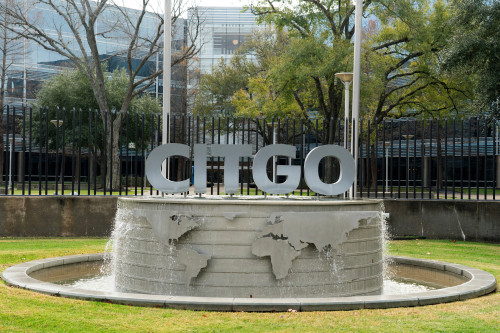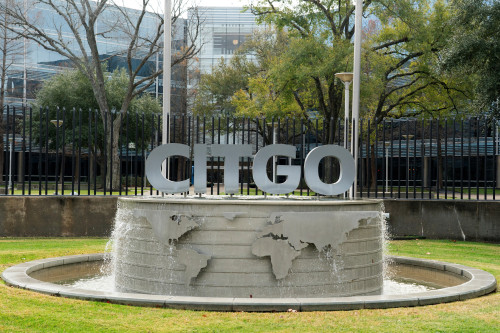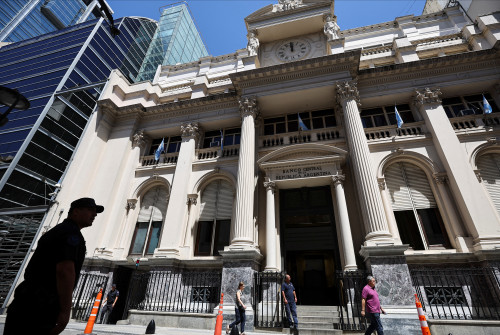By Clare Jim and Liangping Gao
HONG KONG (Reuters) -China property stocks listed in Hong Kong jumped as much as much as 7.9% on Tuesday, as investors clung to hopes that Beijing would roll out more supportive measures soon to bolster the embattled sector.
Once a pillar of economic growth, the sector has softened since April after a short-lived rally, as a bleak economic outlook outweighed the impact of policy measures rolled out late last year.
The state-backed China Economic Times called for an adjustment to home purchase curbs in first-tier cities, citing industry opinions that the step would help clear inventory in non-core districts, while not driving up prices in core areas.
The newspaper, sponsored by the State Council, or cabinet, added that market participants expected the government to hasten more property stimulus in June to aid “reasonable” homebuyer demand and restore market confidence.
By noon, shares of major developer Longfor Group surged 9.4%, while defaulted peers Sunac China and KWG Grouop gained 12.8% and 17.1%, respectively, against a rise of 1.2% in the benchmark Hang Seng Index.
Mainland-listed property stocks listed posted modest gains, with the CSI 300 Real Estate Index up 1.5%.
While investors welcome any steps to prop up the sector that accounts for a quarter of the world’s second largest economy, some analysts were sceptical about the real impact, as homebuyer and broader consumer confidence remained weak.
“The broad-based confidence weakness … also weighs on property sales,” Citi said in a report. “We believe now a better economic outlook and stable job expectation are also necessary conditions for home sales to quickly pick up.”
It expected fiscal policy could be more effective than an expansionary monetary policy.
Last year’s sharp slump in the sector saw developers default on debt or bonds and suspend construction of presold housing projects.
To bolster demand, local governments have rolled out hundreds of domestic policies since last year and central policymakers took extensive steps in the second half to buoy liquidity and stabilise the property market.
The boost, enhanced by the lifting of tough COVID-19 curbs in December, has proved to be short-lived, however.
Property investment and sales fell in April as consumers stayed cautious about big-ticket spending, amid concerns over incomes and jobs as a post-pandemic recovery loses steam.
Investors’ hopes for further national stimulus policies warmed again last week after supportive measures by several second-tier cities.
Potential steps could include lower down-payment and home purchase requirements, and refined measures to boost developers’ liquidity, analysts have said.
Zhongtai Securities said a continuous rollout of relaxation measures would help stimulate demand and market confidence, but could disappoint the market if they fall short of expectations.
“This may turn out to just be another sticking-plaster for China’s ailing property sector,” said Susannah Streeter, head of money and markets at Hargreaves Lansdown.
(Additional reporting by Jason Xue in Shanghai and Samuel Indyk in London; Editing by Sherry Jacob-Phillips and Clarence Fernandez)





